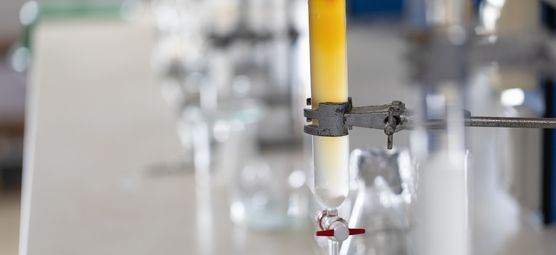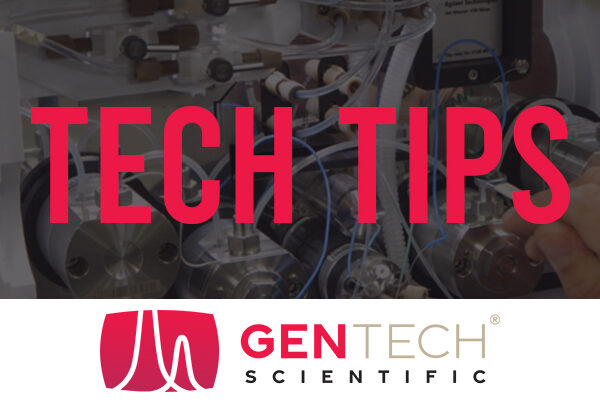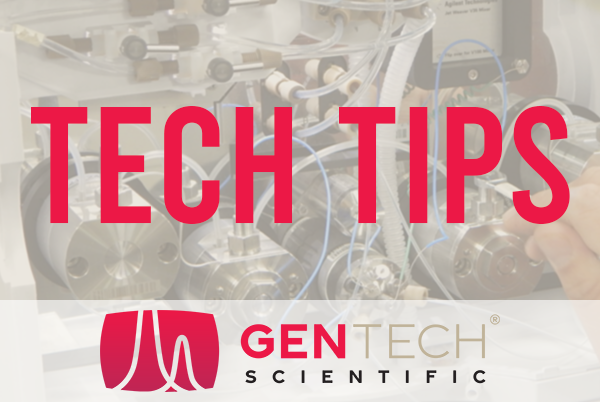A carrier gas is a critical component of gas chromatography, but what can it tell you about your sample? Below, we explain the basics of carrier gasses, the most common gasses used in gas chromatography, and more in our guide.
What a Carrier Gas Does in Gas Chromatography
First, what role does a carrier gas play in gas chromatography? A carrier gas does what its title implies—it’s a gas that carries the vaporized sample through the gas chromatograph. An injector introduces a carrier gas to the gas chromatograph, where the vaporized sample is heated and its compounds separated. The carrier gas then pushes the components into the gas chromatograph column and then the detector.
Unlike other methods, the mobile phase (carrier gas) does not interact with the chemicals of the sample; it only carries them. Since it can’t react with the sample, a carrier gas must be inert. Essentially, the primary objective of the carrier gas is to not react with the sample.
Types of Carrier Gasses in Gas Chromatography
When choosing a carrier gas for gas chromatography, researchers have a few options, the most common being helium, nitrogen, hydrogen, and sometimes argon. Each has its advantages and drawbacks. Nitrogen, for instance, is safe and affordable, but it has a narrow optimum linear velocity range, meaning it’s slow and not analytically sensitive.
Hydrogen, on the other hand, is much faster and has a broad velocity range for a more detailed analysis, but as we all know, hydrogen brings safety concerns, especially in proximity to a heated oven, like in gas chromatography. Helium and argon provide a sensible compromise as they are relatively quick and sensitive, but helium supplies can fluctuate rapidly and become expensive.
What a Carrier Gas Tells Us About a Sample
Can we learn anything about our sample from our carrier gas? Well, the whole point of a carrier gas is that it’s inert and does not react with the sample and interfere with the process or results. Therefore, there’s not much a carrier gas will tell you about your sample.
A carrier gas itself may not provide much data about our sample, but using a different carrier gas can yield different information. The basic information itself won’t be much different. However, a researcher can learn more about a sample with a carrier gas that is sensitive with a broad velocity range, like hydrogen.
If you’d like to keep learning about carrier gasses and gas chromatography, our staff at GenTech Scientific is ready and willing to answer any questions. Whether you’re looking for a gas chromatograph for sale or want to learn more about the process, our expert staff is ready to help. Call or email us with your questions about gas chromatography and gas chromatographs today.





